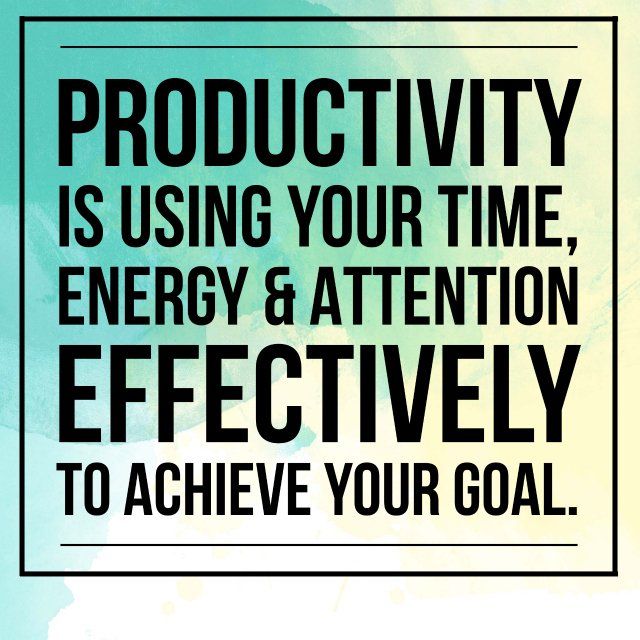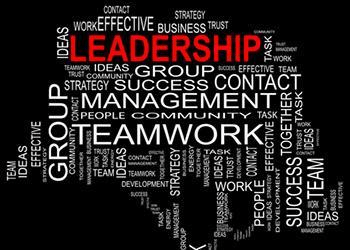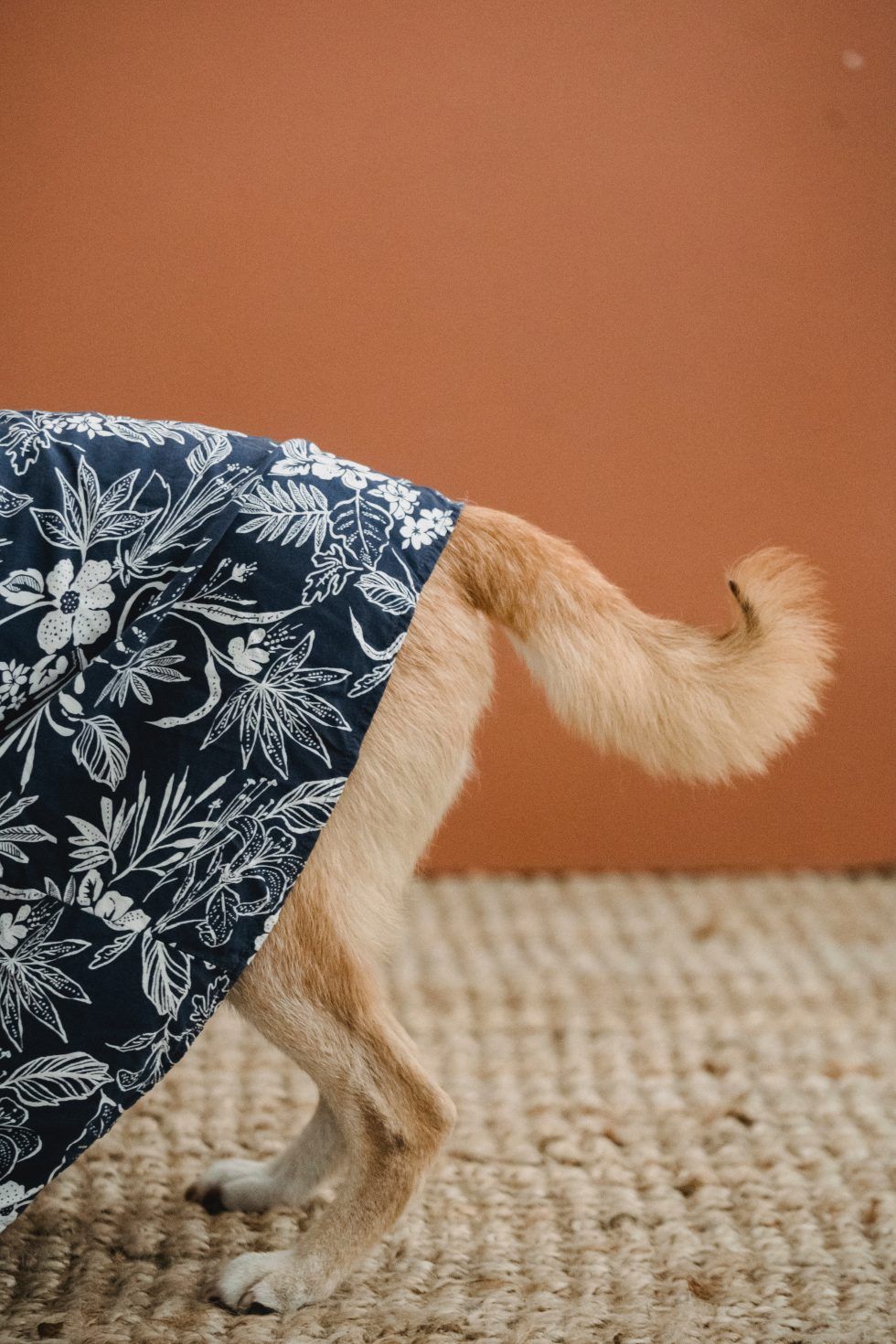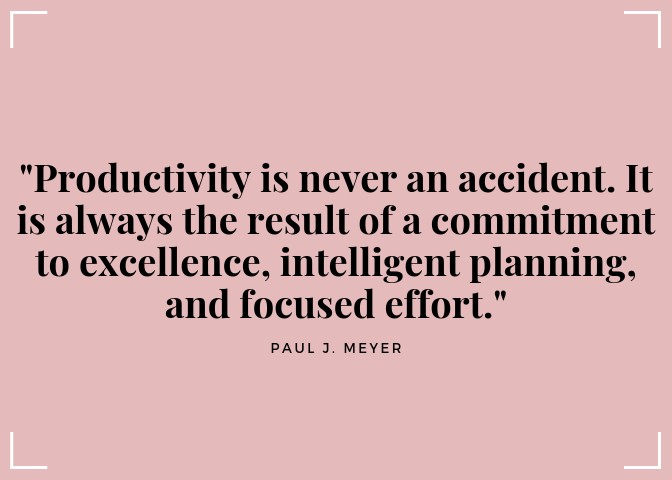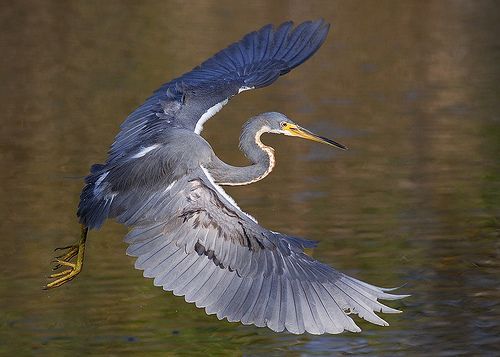3 Grant Writing Lessons from the Rio Summer Olympics

The Art of Grant Writing
As I became enthralled with the Summer Olympics television coverage this year, I realized I was being drawn into the event through techniques that were about much more than athleticism and that those same techniques could be related significantly to grant writing that is inspirational and compelling.
Let me start by saying that I am not a sports enthusiast nor am I an athlete. I never played team sports growing up, though I do love to watch a great game of basketball while sitting courtside. Otherwise, I greatly admire athletes, but it just isn’t my “thing”. I am more the artsy and dance type.
For those of you who love sports or are athletes, I would imagine watching the Olympics is a thrill. But for a person like me, who would rather watch a musical, I may typically only watch a bit of the coverage. So, how did the marketing professionals of this year’s Summer Olympics entice me to become a more involved viewer? The answer to that question leads to the grant writing keys I am exploring with you today.
If you have heard me teach or have read my blogs before, you know I believe there is both an art and a science to grant writing. I also believe that even professional grant writers never reach complete perfection. We are ever growing in our “practice”, much like a doctor, dentist and, yes, even an athlete. As I reflected on my participation as a viewer and fan of this year’s Summer Olympics I identified three key strategies grant writers can use to help them write more compelling and inspiring grant proposals.
- Make a strong human connection with your readers through personal stories.
The Olympics coverage is full of personal stories of defeat and victory that draw in non-athletes like me. I may not care much about who medals in gymnastics and I definitely don’t understand all of the scoring methods, but I certainly care about whether a young woman like Simone Biles wins a medal. Simone’s personal story of rising above her difficult beginnings is inspiring and drew me into following her next steps to victory. Suddenly a young woman I hadn’t even heard of before became my friend, countryman, and could even be my daughter. I was drawn in by inspiring words and pictures along with the television coverage. And the interviews with the winners after their events was the pinnacle of inspiration! As a grant writer, you must strive to connect the reader to personal stories in order to captivate and inspire them to open their mind, heart and wallet to your nonprofit. - Be a winning organization people want to follow and invest in.
You would almost need to be living under a rock in the United States to not know the name and accomplishments of Michael Phelps. While he has had his public ups and downs, no one can deny that he is a champion. His reputation as an excellent swimmer and his comeback story this year drew me in. I simply had to watch and support his races. As a grant writer your job is to present your organization as an example of excellence with a winning reputation. People follow winners. Philanthropists give money to winning organizations they know are a good investment for their money. - Tell your stories through multiple venues.
The personal stories of defeat and victory prior to the Olympic coverage were abounding on Facebook, Twitter and other media outlets. Your job as a grant writer is easier when your organization is actively marketing with personal stories about your target population and your organization through multiple marketing outlets. Of course, your nonprofit doesn’t have the marketing budget of the Olympic Committee, but you should endeavor to market your organization as much as you can possible afford. Your goal, especially with local funders, is for the funder to recognize your organization’s name as soon as they see it. The last thing you want is for the funder to say they have never heard of you before! - Be patriotic!
I know I said there are only three keys, but I just had to add this one. While it may not be as directly related to grant writing, patriotism draws us into the Olympics as fellow Americans. This year I think it is more important than ever for all of us to classify ourselves as Americans, not as any particular race, religion or other divided sections of the population. The experience of seeing your countrymen and women victorious is inspiring and compels us to strive to be all we can be. Perhaps we truly can use our grant writing skills to draw funders into our story, into the American story of compassion for our fellow countrymen and women and a belief that America still has a great future ahead because of organizations just like yours.
Question: How do you strive as a grant writer to inspire your readers?


